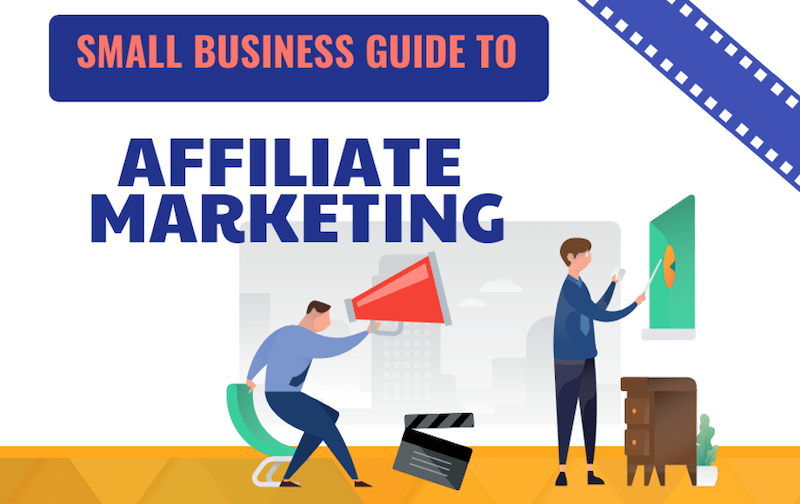Certainly! Here's a more detailed step-by-step
guide on how to start affiliate marketing:
Introduction:
Choose a niche: Before you begin promoting products as an affiliate, you need to identify your niche. A niche is a specific area of interest you will create content around. For example, if you are interested in fitness, you could choose a sub-niche such as weight loss or muscle building.
To choose a niche, consider your interests, expertise, and the profitability of the market. You can use tools like Google Trends or Amazon Best Sellers to research popular niches and products.
Find affiliate programs: Once you have identified your niche, you need to find affiliate programs that are relevant to your niche. You can use affiliate networks like ShareASale, CJ Affiliate, or Clickbank to find programs, or you can reach out to individual companies directly to ask if they have an affiliate program.
When choosing affiliate programs, look for those that offer high commission rates, have a good reputation, and provide resources such as banners or links to promote their products.
Choose products to promote: Once you have identified some affiliate programs, choose products that you believe in and that are a good fit for your audience. Consider the quality of the product, the commission rate, and whether the product is in demand in your niche.
Build a website or blog: You will need a platform to promote your chosen products, and a website or blog is an excellent option. You can use platforms like WordPress, Wix, or Squarespace to build your site.
Your website or blog should be focused on your niche and provide value to your audience. This could include articles, product reviews, or tutorials that help your audience solve problems or achieve their goals.
Create valuable content: To attract visitors to your website and promote your chosen products, you need to create high-quality content. This could include articles, videos, podcasts, or social media posts that provide value to your audience.
Your content should be focused on your niche and promote your chosen products in a natural, helpful way. Avoid being overly promotional or pushy; this can turn off your audience.
Promote your content: Once you have created valuable content, you must promote it to attract visitors. This could include sharing your content on social media, in email newsletters, or through paid advertising.
You can also optimize your content for search engines by using keywords relevant to your niche and product.
Monitor your results: Keep track of your sales and commissions, and use this data to optimize your content and promotional strategies for maximum effectiveness. You can use tools like Google Analytics or affiliate network reporting to track your results.
Remember that affiliate marketing takes time and effort to build up, so be patient and persistent. As you gain experience, you can refine your strategies and increase your earnings.
Tips And Tricks:
- Focus on building trust: Affiliate marketing is all about building trust with your audience. To do this, you need to provide valuable content that helps them solve their problems or achieve their goals. Avoid promoting products that you don't believe in or that are of low quality, as this can damage your reputation and erode trust with your audience.
- Know your audience: To be successful in affiliate marketing, you need to understand your audience's needs, preferences, and interests. This will help you create content that resonates with them and promotes products that they are likely to be interested in.
- Use multiple channels: To reach a wider audience, you should use multiple channels to promote your content and products. This could include social media, email marketing, paid advertising, and search engine optimization.
- Stay up-to-date with industry trends: Affiliate marketing is a constantly evolving industry, so it's important to stay up-to-date with the latest trends and best practices. This could include attending industry events, joining online communities, and reading industry blogs and publications.
- Test and optimize: To maximize your earnings, you should continually test and optimize your content and promotional strategies. This could include testing different product offerings, promotional channels, and content formats to see what works best for your audience.
- Be transparent: As an affiliate, you are required to disclose your relationship with the companies you promote. This means clearly stating that you are an affiliate and may receive a commission for any sales made through your referral link. Being transparent with your audience builds trust and credibility, which is crucial in affiliate marketing.
- Stay organized: To manage your affiliate marketing activities effectively, you should stay organized. This could include using a spreadsheet to track your affiliate programs, commissions, and payments, as well as setting goals and timelines for your activities.





0 Comments